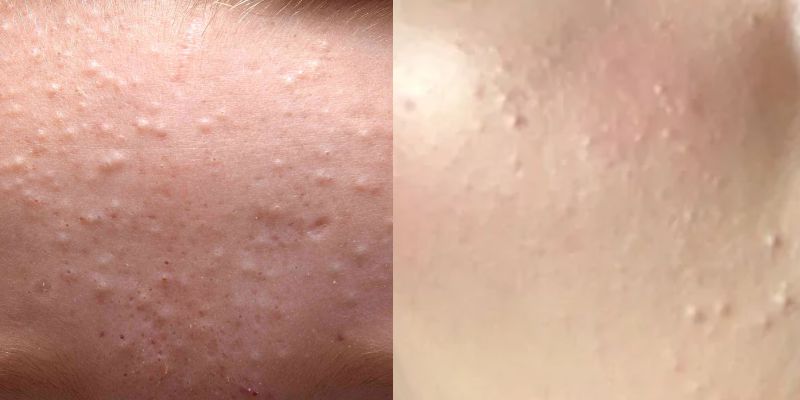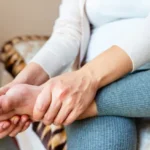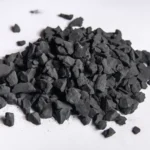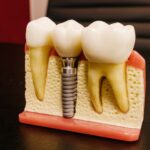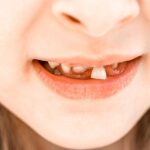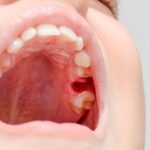Wondering what those tiny, stubborn bumps are on your skin? If they don’t have a head and are skin-colored, they could be closed comedones. These annoying acne lesions form when dead skin cells, oil, and bacteria clog your pores. Getting rid of them for good can be frustrating. This post will provide expert tips on understanding, preventing, and treating closed comedones.
Understanding Closed Comedones
Closed comedones, also called whiteheads, are a mild type of acne. Unlike blackheads that appear dark in color with a visible pore, closed comedones don’t open to the skin’s surface. The clogged pores remain closed under the surface of the skin, forming small, hard bumps.
What causes them? Too much oil production can cause dead skin cells to stick together and clog pores. Using the wrong skin care products – like oil-based makeup and thick creams – can also trigger closed comedones in acne-prone skin. Hormonal changes and medications containing corticosteroids may worsen clogged pores as well.
Prevention techniques
While you can’t prevent all closed comedones, you can reduce their frequency by making a few lifestyle changes:
- Make sure your beauty products are oil-free and non-comedogenic. Coconut oil and mineral oil should be avoided.
- Exfoliate 2-3 times a week. Try a gentle scrub with soft granules or chemical exfoliators like glycolic acid.
- Avoid touching or resting your face on your hands to minimize bacteria transfer.
- Adopt a healthy, balanced diet. Omega-3s and antioxidants can improve skin cell turnover.
- Manage high stress levels through yoga, meditation, or counseling as stress can worsen acne.
Treatment options
Treating existing closed comedones takes consistency and patience. For stubborn closed comedones, prescription retinoids like tretinoin clear pores faster and deeper though side effects are common. In-office procedures like chemical peels and microdermabrasion remove the skin’s top layer along with trapped debris inside pores. Several sessions may be needed but provide longer lasting results.
See a dermatologist if at-home treatments aren’t working after 8-12 weeks. Extractions or oral medications may be prescribed for significant clogged pores. Discuss the pros and cons of stronger acne therapies to choose the best approach for your skin.
Skincare Routine for Closed Comedones
Along with targeted spot treatments, maintaining a solid skincare routine is key for clearing and preventing closed comedones.
AM:
- Gentle cleanser
- Alcohol-free toner with glycolic acid
- Lightweight oil-free moisturizer
- Oil-free SPF 30+ sunscreen
PM:
- Makeup remover (if worn)
- Gentle daily cleanser
- Retinol serum 2-3x a week (build up slowly)
Changing your pillowcase frequently also reduces pore-clogging bacteria. Be patient and consistent – it can take 6-8 weeks to fully clear closed comedones. Doing these small steps makes a difference over time!
Conclusion
While frustrating, closed comedones can be managed and prevented through lifestyle measures and over-the-counter skincare. Using non-comedogenic skin care products, exfoliating regularly, avoiding touching your face, and spot treating with acne medications keeps new closed comedones from developing. Check with a dermatologist if at-home treatments don’t improve symptoms after 2-3 months. Consistently caring for your skin makes all the difference in combating those stubborn bumps!
FAQs:
Are closed comedones the same as whiteheads?
Yes, closed comedones and whiteheads both refer to mildly inflamed bumps under the skin caused by trapped dead skin cells and oils.
Can I prevent closed comedones from forming?
Yes, techniques like using non-comedogenic products, exfoliating regularly, avoiding touching your face, and managing stress can help minimize future closed comedones.
What causes closed comedones?
Too much oil production trapping dead skin cells causes pores to clog and closed comedones to develop. Certain medications, skincare products, and fluctuating hormones may trigger them too. More stubborn bumps may require prescription medications or in-office procedures administered by a dermatologist along with daily skincare.

